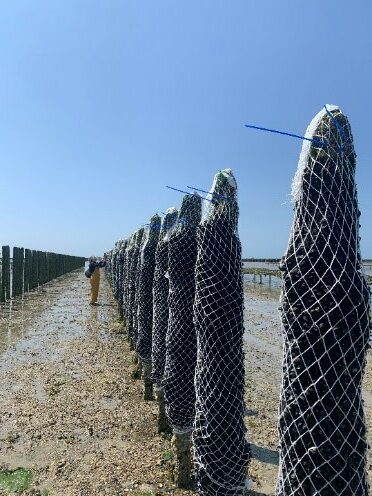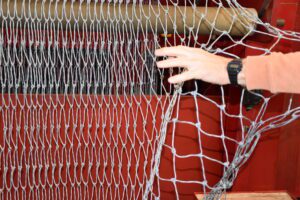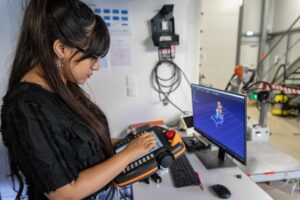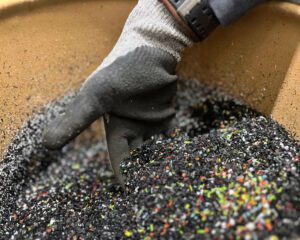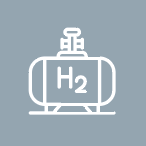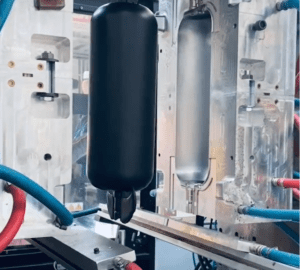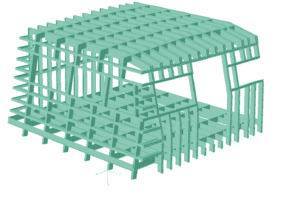+ Develop a resistant mussel net that is biodegradable at the end of its life.
+ Test and disseminate the results to aquaculture professionals.
+ Reduce plastic pollution generated by aquaculture activities.
Project manager
Claire Allanos
Read more
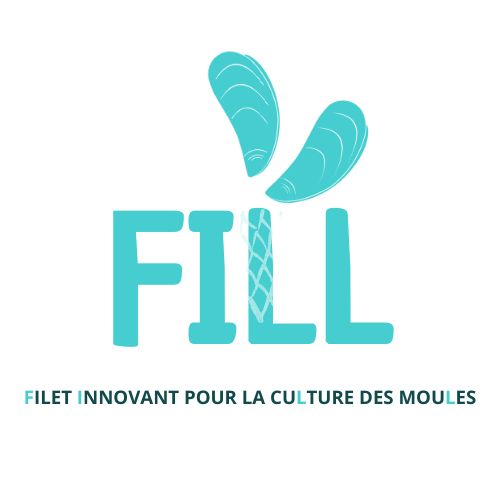 The FILL (Innovative net for the culture of mussels) project aims to reduce plastic pollution generated by aquaculture activities by developing a resistant mussel net that is biodegradable at the end of its life.
The FILL (Innovative net for the culture of mussels) project aims to reduce plastic pollution generated by aquaculture activities by developing a resistant mussel net that is biodegradable at the end of its life.
The project is divided into 3 work packages:
- Development of industrial-scale mussel nets
This first module involves developing mussel nets on an industrial scale, through the development of plastic formulations, the production of multi-filaments and the design and manufacture of prototype nets.
- Real-life testing and monitoring of degradation
The aim is to study the product’s behaviour in the natural environment, while ensuring that its impact on the environment is minimised. Tests will be carried out on the stakes, involving mussel farmers. They will be completed by biodegradation and ecotoxicity tests.
- End-user feedback and valorisation of results
The aim will be to analyse the appropriation of the new net by professionals, and to disseminate the results to the sector.
This project relies on the results of the INdIGO project, funded by the INTERREG France (Channel) England programme between 2020 and 2023.
It is co-financed by the Brittany Region and FEAMPA Research & Innovation on the theme of “Promoting sustainable aquaculture activities”.
Supporters



